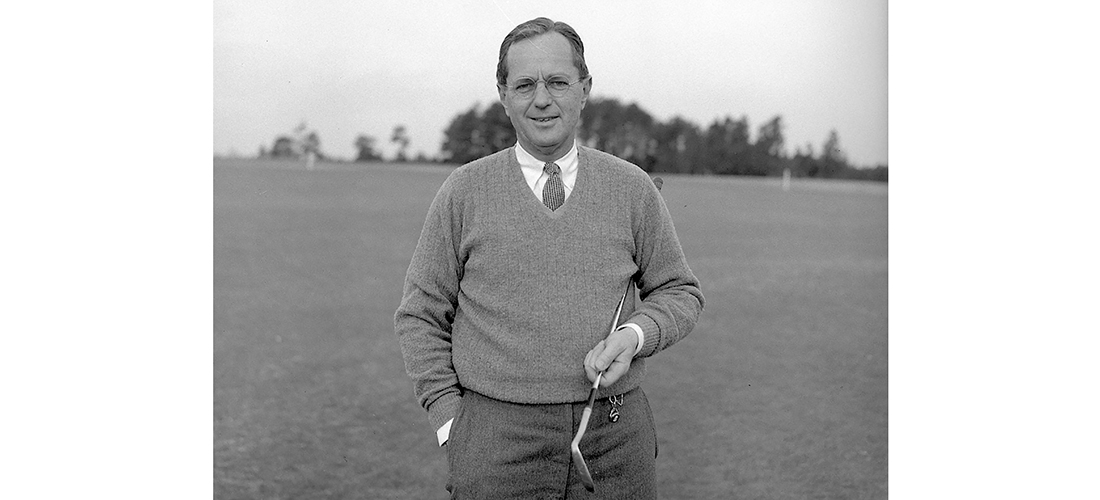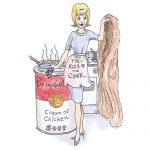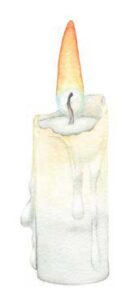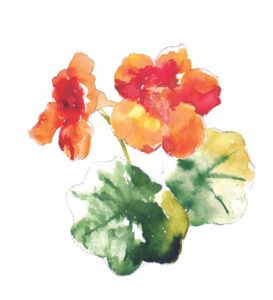
The Amateur Spirit
An enduring legacy of Pinehurst
By Lee Pace
An amateur is one who competes in a sport for the joy of playing, for the companionship it affords, for health-giving exercise, and for relaxation from more serious matters. As a part of this light-hearted approach to the game, he accepts cheerfully all adverse breaks, is considerate of his opponent, plays the game fairly and squarely in accordance with its rules, maintains self-control, and strives to do his best, not in order to win, but rather as a test of his own skill and ability. These are his only interests, and, in them, material considerations have no part. The returns which amateur sport will bring to those who play it in this spirit are greater than those any money can possibly buy. — Richard S. Tufts
Imagine a golf club every year having the very best players visit to compete for a title considered at the time among the elite competitions in the game. Imagine Walter Hagen and Horton Smith winning, envision the smile on Ben Hogan’s face when he finally, after years of incessant practice and yearning, wins his first professional event and the proverbial dam breaks on a Hall of Fame career. And listen for the words flowing from the mouths of the pro tour’s luminaries, of Tommy Armour saying, “The man who doesn’t feel emotionally stirred when he golfs at Pinehurst beneath those clear blue skies and with the pine fragrance in his nostrils is one who should be ruled out of golf for life.”
And then process it all with a decision that Richard Tufts made in 1951: No more professional golf. Our focus is the amateur game. Out goes the North and South Open with its half-century of history, in comes the North and South Senior Amateur for men and women.
“Amateur golf is in our DNA,” says Tom Pashley, president of Pinehurst Resort & Country Club. “Amateur golf is where the game began at Pinehurst, and it’s such a privilege to host a championship like the U.S. Amateur. We love having the U.S. Open every 10 years or so, but playing the game at the amateur level and having fun are at the core of everything we do.”
The occasion of the 2019 United States Amateur Golf Championship in August provides an opportunity to pause for a moment and consider the essential soul and character of golf, pay tribute to the values espoused by Tufts, the grandson of Pinehurst founder James W. Tufts, and remember that the pure golf experience is not from the professional tour but from the munis and clubs where the devotees go 36 holes with two-down presses and junk for a quarter and a cold beer.
“Those words from Mr. Tufts are near and dear to how the resort operates,” says Robbie Zalzneck, the USGA’s director of the U.S. Amateur Championship who’s headquartered in Pinehurst. “Some will say that most of the guys in the Amateur will go on to professional careers, but the fact is they haven’t yet and are looking forward to competing in a national championship at Pinehurst truly for the sheer opportunity to raise a trophy and see their name inscribed with so many great golfers. We’ll have 312 of the world’s best amateurs, and a huge portion of our field will look at playing in the Amateur as the biggest thing they’ve ever done in golf, and they’ll be proud of it.”
For half a century, Tufts stood guard over the game’s values as he espoused them in what he called the “Creed of the Amateur,” a passage delivered during a 1968 speech in which he accepted his induction into the North Carolina Sports Hall of Fame. The words have been inscribed in bronze and sit on a plaque beside the 18th green of Pinehurst No. 2 and statues of Tufts and golf architect Donald Ross.
“Richard Tufts did a great job of capturing what is so special about the game of golf,” says Robert Dedman Jr., whose family has owned the resort and club since 1984. “He really reflected the values that make golf so different and unique and why it resonates with so many people — having fun, overcoming adversity, the importance of courtesy, the integrity and self-control aspects of the game. They have been a part of our traditions at Pinehurst since 1901.”
Tufts served the amateur spirit in a variety of capacities — from shepherding the Carolinas Golf Association into one of the nation’s most vibrant regional golf associations to reigning as USGA president from 1956-57 to running Pinehurst from 1935-62 with an eye toward preserving the sanctity of the game. He didn’t like artificial measuring devices, golf carts and slow play. He rued the discontinuation of 36-hole Saturdays in concluding championship events, believing the double round was an excellent test of physical and mental endurance. And he reluctantly ended what in 1951 was essentially a “major” pro competition, the North and South Open, when the players hinted they needed a larger purse to continue coming to Pinehurst.
The “Creed” was his most lucid and direct assault on creeping commercialism in golf, but over the decades Tufts spoke and wrote with force and passion in trying to keep the amateur spirit intact.
In 1934 he encouraged golfers across the Carolinas to compete in the Carolinas Amateur at Linville Golf Club:
“There will be a reunion meeting with the emphasis placed on good times and good fellowship rather than good golf,” Tufts wrote in a letter of invitation. “If you can think of any argument for not being among those present, the entertainment committee is prepared to refute it.”
In 1960 he told the annual meeting of the Southern Golf Association at Myrtle Beach that the game is getting “soft.” He said the game was getting too expensive, that excessive demands were being put on green superintendents and that use of motorized carts by those who do not need them was “almost degenerate.”
“The game’s standards are being lowered and subtly, bit by bit, golf is losing its character,” Tufts said. “Those unable to meet the challenge of the game seem to find a vicarious pleasure in destroying it.”
In 1963, as captain of the United States Walker Cup team, Tufts told his players that their two goals were to retain the cup in the competition against Great Britain and Ireland and to cement friendly relations with “our friends” from across the water.
“Failure in the first undertaking is acceptable if we succeed in the second,” Tufts said at a team meeting in New York, prior to departure for Scotland. “But the trip will be a complete loss if we win the match but lose the good will of our friends. We can stand criticism of ourselves as golfers but not as sportsmen and gentlemen.”
In 1979 he wrote to an official of the company that bought the resort and club from his family nearly a decade earlier to decry the creeping commercialism in the game:
“Amateur golf can be a most valuable antidote to the high pressure, artificial life we lead today,” Tufts wrote. “But only if the game’s ancient traditions and standards are maintained and golf is enjoyed for itself in friendly competition amid such natural surroundings as we find on the old links courses of Scotland. Golf should be a medium for relaxation and not commercialization.”
Quite simply, he said in one speech, “Those days when we tried to build a center for true amateur golf here in Pinehurst will always be my happiest memories.”
Tufts welcomed good people into the game of golf, applauding the decision of Pete and Alice Dye to enter the golf architecture business back in the 1960s, when Dye was an Indiana insurance salesman.
“Mr. Tufts was the spirit of everything good in golf,” said Alice, who died at the age of 91 in February 2019. “He really was. He was the spirit of good sportsmanship. His portrait hung on the far wall in the clubhouse. Every time you walked in you stopped and looked at it. It was like a picture of Lincoln or something. You looked at it with a sense of awe.” PS
Chapel Hill-based writer Lee Pace has written extensively about the Tufts family over three decades chronicling the history and evolution of golf at Pinehurst and across the Sandhills.





